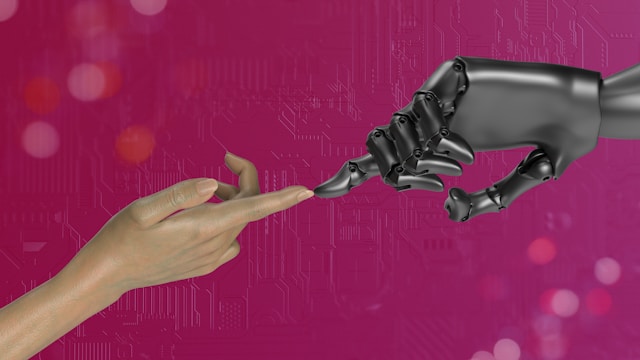Garfield. Law becomes first AI-only firm to offer regulated legal services in England and Wales
In an unprecedented decision that could reshape the legal landscape, the Solicitors Regulation Authority (SRA) has authorised Garfield. Law—the first law firm to provide regulated legal services exclusively through artificial intelligence.
Garfield.Law, launched by former Baker McKenzie associate Philip Young and quantum physicist Daniel Long, boldly brands itself as “the world’s first pure AI law firm.” While AI has been used in legal support roles for years, this is the first time a firm offering AI-led legal services has gained regulatory approval in England and Wales.
Specialising in small claims under £10,000, Garfield targets one of the most common pain points for businesses: unpaid invoices. Its AI-powered assistant helps small firms recover debts with minimal legal knowledge, starting at just £2 for a so-called “polite chaser” letter.
“This is a landmark moment,” declared Paul Philip, chief executive of the SRA. “The risks around an AI-driven law firm are novel. So we have worked closely with this firm to make sure it can meet our rules, and all the appropriate protections are in place.”
While the promise of cheaper, faster, and more accessible legal services is clear, the regulator made clear it wasn’t taking any chances. SRA officials scrutinised Garfield’s internal systems for checking AI outputs, safeguarding client confidentiality, and managing potential conflicts of interest. Particular attention was paid to the risk of AI hallucinations—false legal information confidently generated by large language models.
As a result, Garfield’s system is barred from suggesting case law, one of the riskiest areas for AI tools. Instead, the firm provides guided procedural support without legal advice on case strength or outcome prediction. Importantly, any actions taken by the platform must be approved by the client. Regulated solicitors remain legally accountable for everything the firm does, AI or not.
“This is likely to be the first of many AI-driven law firms,” Philip said. “We’ll be watching its progress closely to manage any risks—and seize the benefits.”
Garfield has already earned high praise from top judges. In 2023, Lord Justice Birss called the firm “absolutely at the core of what we can do for access to justice.” His boss, Master of the Rolls Geoffrey Vos, has also championed AI’s potential to expand legal access and reduce costs, suggesting that firms like Garfield represent a glimpse of the future.
Not everyone agrees. Some barristers have voiced concerns about non-lawyers placing too much trust in AI tools. Earlier this year in the US, a self-represented litigant was rebuked by a judge for using an AI-generated avatar of a lawyer in court—highlighting the dangers of relying on machines for serious legal tasks.
Yet Garfield’s founders insist their model fills a real gap in the market. “Small businesses lose billions to unpaid invoices every year,” said Long. “We’ve built a system that helps them get justice quickly, affordably, and without needing a solicitor.”
It’s too soon to tell whether AI firms will become the norm or the exception. But with official endorsement from the legal profession’s top regulator and support from senior judges, Garfield.Law’s entry signals the beginning of a new era—one where robot lawyers may no longer be a joke, but a very real alternative.





